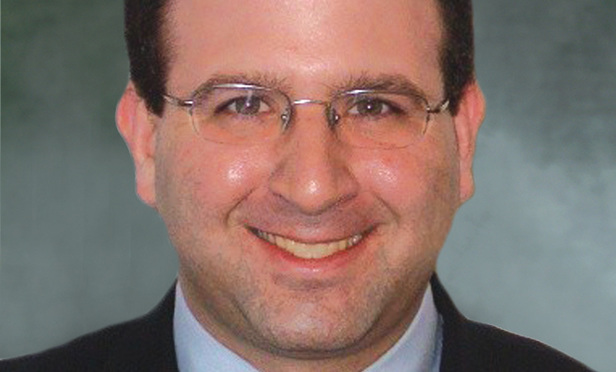Many lawyers treat defending a deposition as if the lawyer and witness had each taken the Hippocratic Oath to “do no harm.” They train their witnesses to say as little as possible. They get in and get out of the deposition as fast as they can. They ask the witness no questions because they fear that the witness might inadvertently say something damaging. Plus, anything helpful the witness says cannot be used at trial by the witness’ own lawyer except in limited circumstances, so better to spring that testimony at trial during the witness’ live testimony.
Such a conservative approach to deposition defense can be short-sighted. Although doing no harm is the first goal of deposition defense, it is not the only goal. Each deposition is an opportunity to create a record that will help win your case. Accordingly, lawyers defending depositions should take that opportunity to ask their own witness a few focused questions at the end of the deposition that are designed to advance your client’s case.



